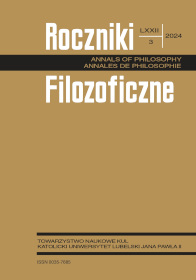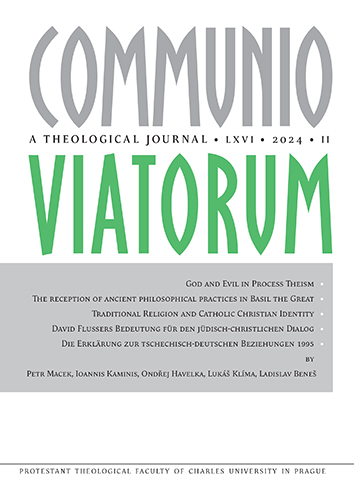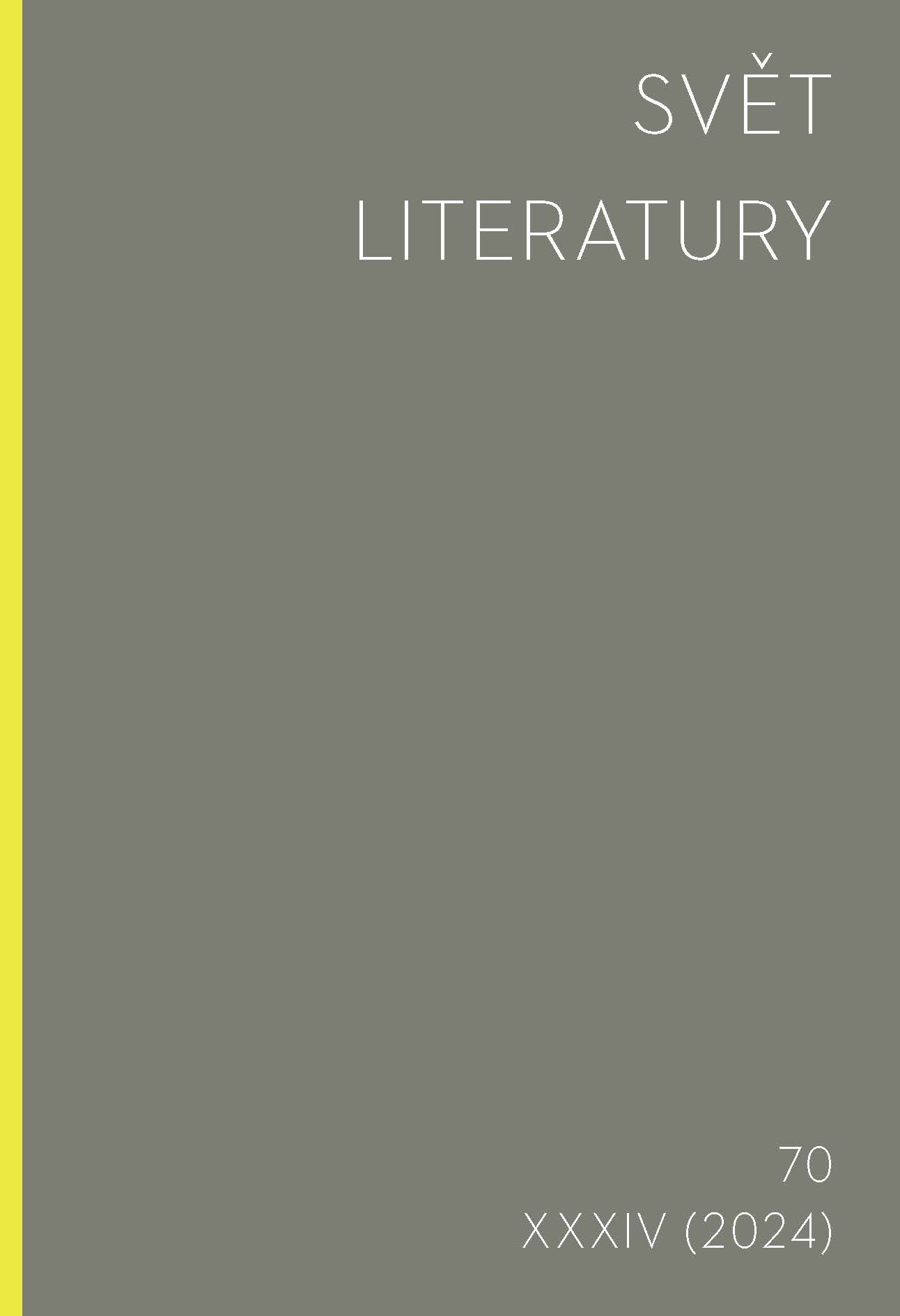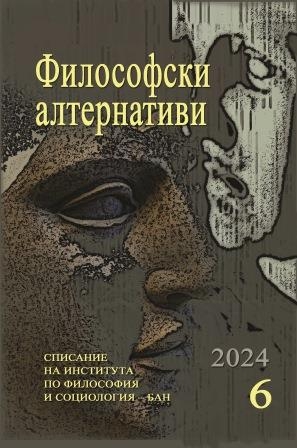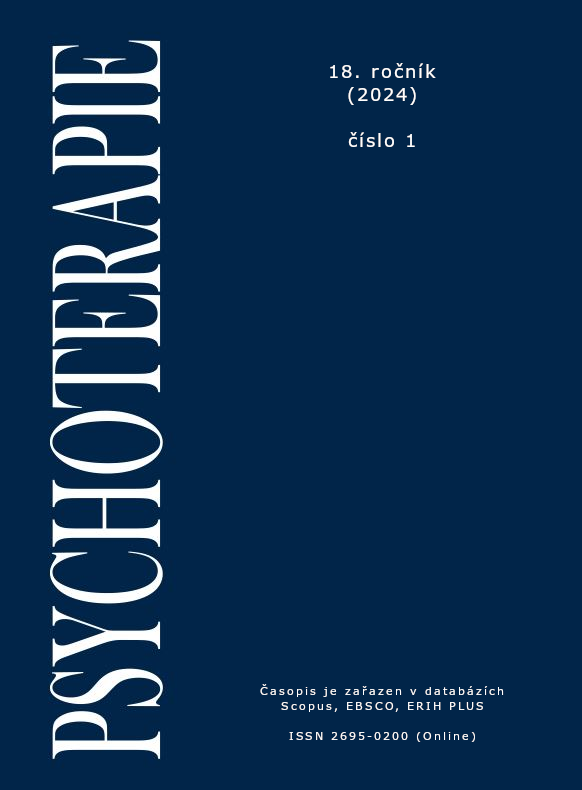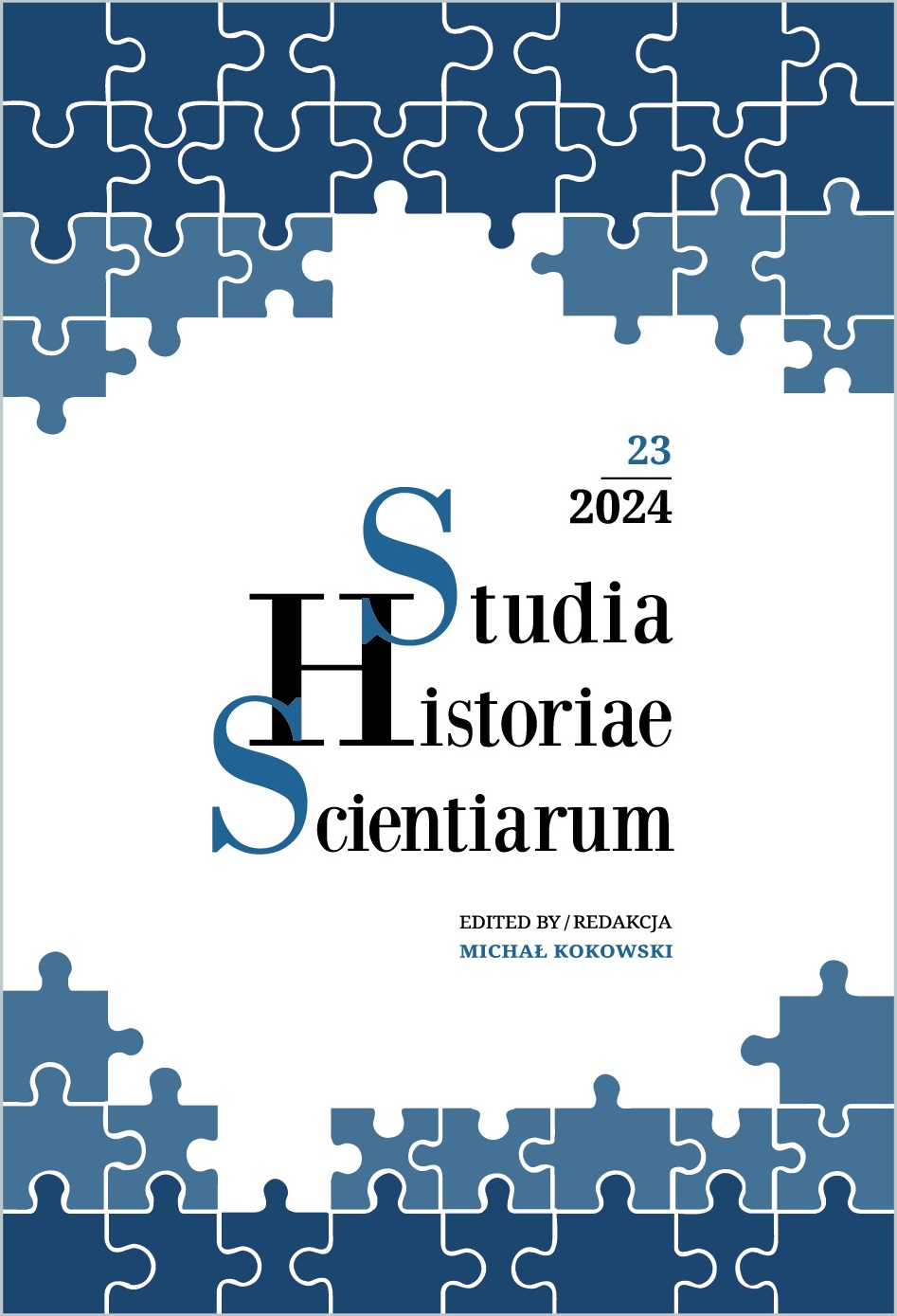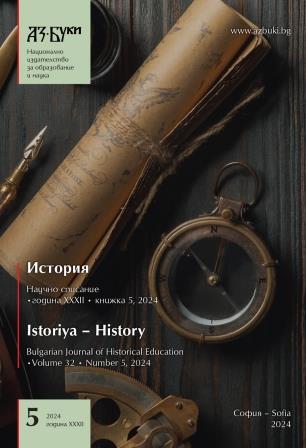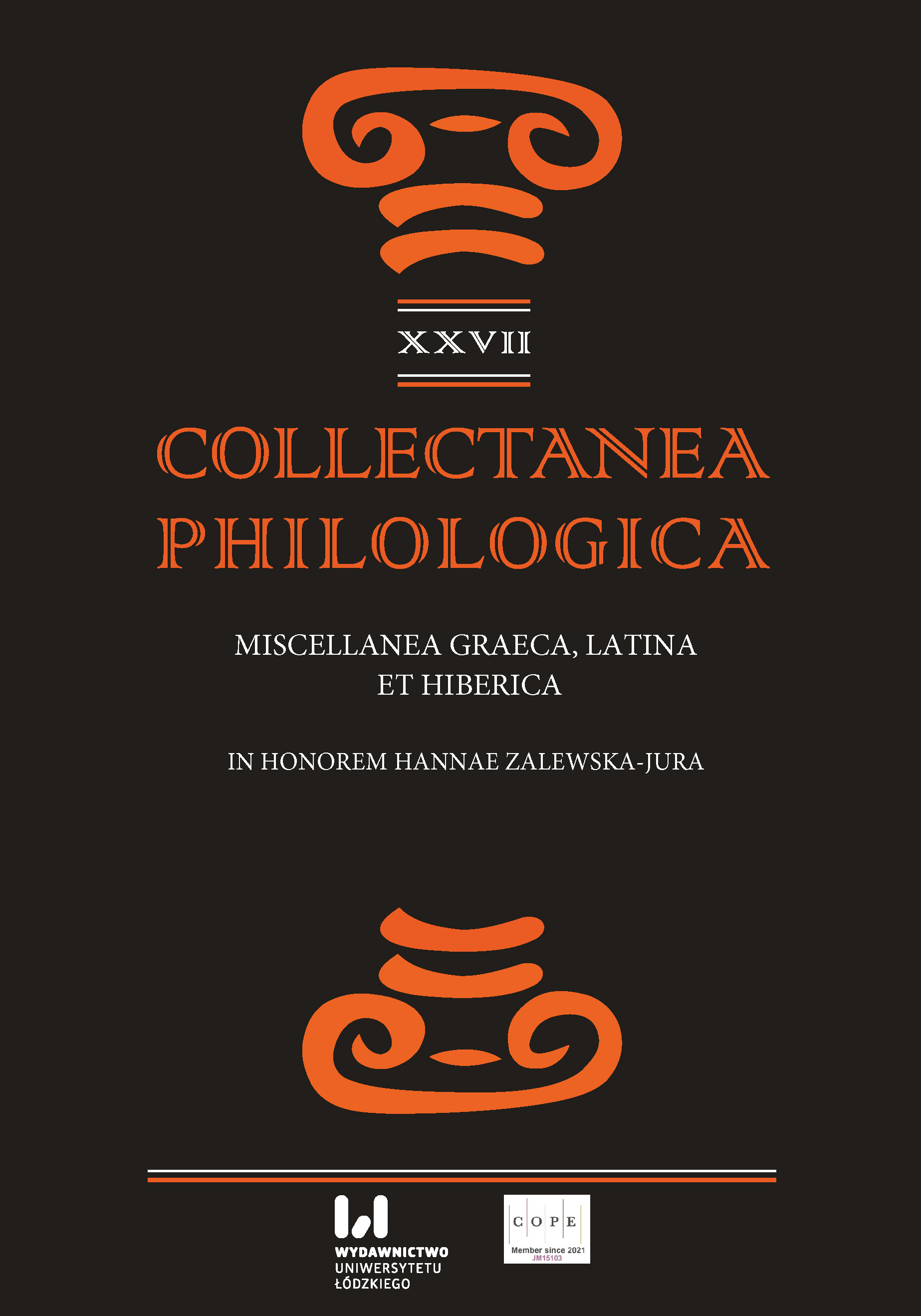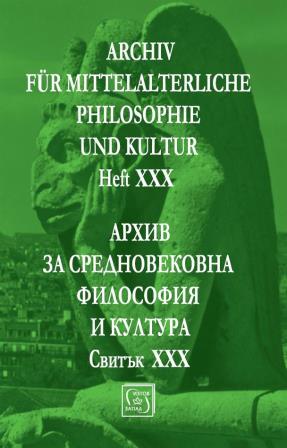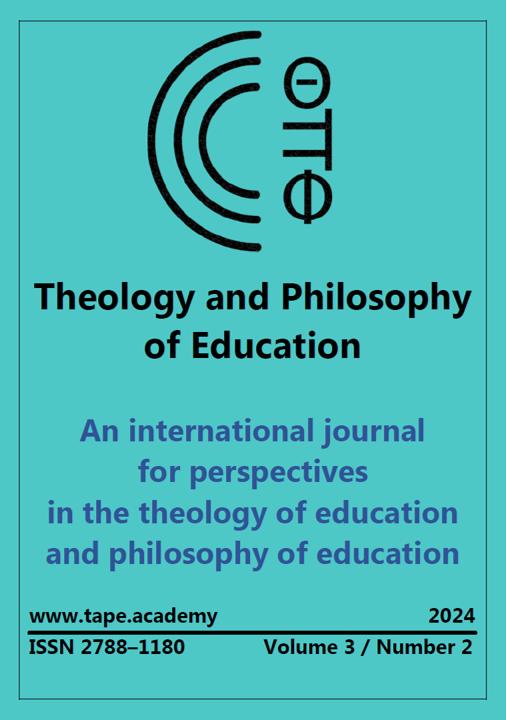Author(s): Diego Lucci / Language(s): English
Issue: 3/2024
In Nazarenus: Or, Jewish, Gentile, and Mahometan Christianity, written in 1709–10 but pub-lished in 1718, the Irish-born freethinker and republican John Toland (1670–1722) provided a novel, heterodox account of Judaism, Christianity, and Islam, which he described as the three phases or manifestations of the same monotheistic tradition. Toland wrote Nazarenus after exam-ining, in Amsterdam, an Italian manuscript that was believed to be a translation of a “Gospel of the Mahometans.” Identifying this text with the apocryphal Gospel of Barnabas, Toland argued that this gospel contained the beliefs of the Ebionites or Nazarenes, whom he regarded as the first Christians. Drawing on this manuscript and on several canonical and noncanonical sources, as well as the works of modern Hebraists, Orientalists, and biblical scholars, Toland described Mo-saic Judaism, primitive Christianity, and early Islam as grounded in the law of nature. According-ly, he maintained that the core of these three religions, and of “true religion” in general, was natural morality, which he considered to be universal, eternal, accessible to natural reason, and restored by Moses, Jesus, and Muhammad. Thus, he added that the ancient Israelites, the first Christians, and the early Muslims practiced toleration of all those who respected the Noachic precepts, which he deemed consistent with the law of nature. Toland’s argument for religious toleration in Nazarenus has been defined as a “historical argument.” Toland indeed buttressed his stance on toleration with his reinterpretation of canonical material and Judeo-Christian and Islam-ic apocryphal sources, which he appropriated to his philosophical and political agenda. However, Toland’s argument for toleration in Nazarenus is essentially a deistic argument, because it is based on a deistic view of “true religion” as natural religion, which is fundamentally a moral religion and which, according to Toland, is at the origin and core of Judaism, Christianity, and Islam.
More...
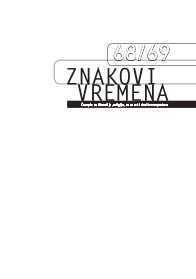

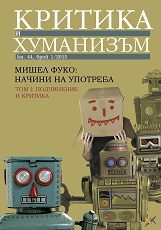
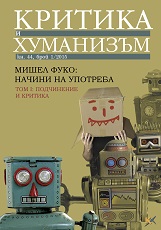
![Recenzje i omówienia: Herbert i świat Rzymu [dot. J.M. Ruszar: „Słońce republiki”]](/api/image/getissuecoverimage?id=picture_2015_26408.jpg)
